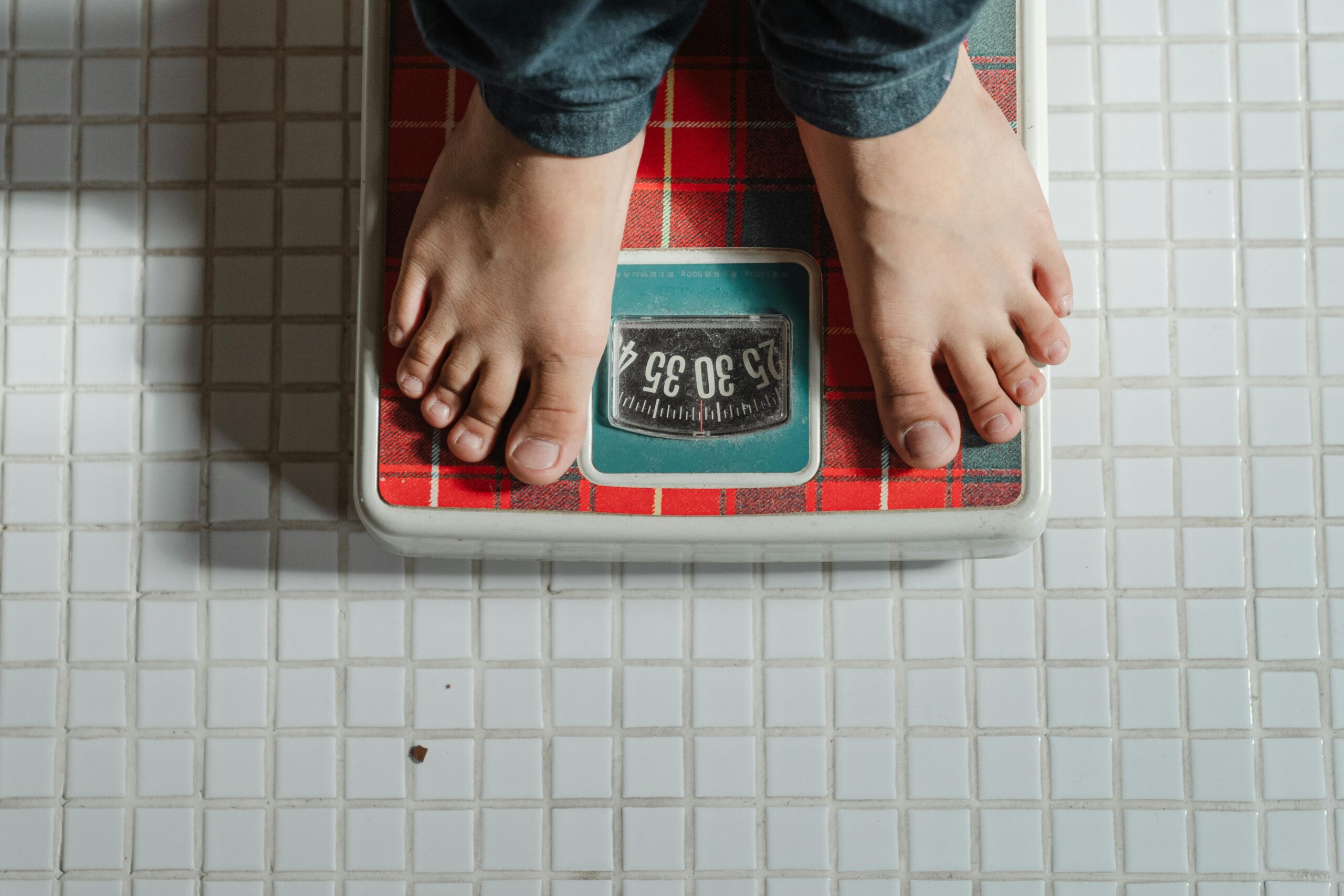

 Weight loss often leads to significant changes in a person’s life while improving overall wellness. Many people explore diverse ways to lose weight, with one of the increasingly popular ones being weight loss surgery. However, the process doesn’t end with this medical procedure, as it marks the beginning of a new health routine filled with adjustments, potential problems, and triumphs. One of these triumphs includes losing up to 30% of your starting weight and doing all you can to avoid regaining it. Before taking that decision, however, it would help to be enlightened with ample information to influence your decision-making process. Here are some things to expect.
Weight loss often leads to significant changes in a person’s life while improving overall wellness. Many people explore diverse ways to lose weight, with one of the increasingly popular ones being weight loss surgery. However, the process doesn’t end with this medical procedure, as it marks the beginning of a new health routine filled with adjustments, potential problems, and triumphs. One of these triumphs includes losing up to 30% of your starting weight and doing all you can to avoid regaining it. Before taking that decision, however, it would help to be enlightened with ample information to influence your decision-making process. Here are some things to expect.
 Physical changes
Physical changes
The first change after this surgery is physical, with your body shedding excess weight at a rapid rate. It happens in the initial months post-surgery because the body’s high caloric consumption has significantly reduced. Weight loss surgeries target the stomach by reducing how much content it can take. By doing this, your stomach adjusts to taking in very little food at a sitting, automatically decreasing your calorie intake at any given time. You will notice an increase in your energy levels, as well as an improvement in your mobility, primarily because the excess fat weighing you down is burning off. While you experience these changes, it’s also best to anticipate loose skin. The extent of this will largely depend on your body size before the surgery. For aesthetic reasons, you can consider surgical intervention or intensive physical exercise to tighten the skin.
Psychological impact
Ever since weight loss surgery became the last resort for people struggling with excessive weight gain, it has raised discussions about its psychological impact. People who have experienced it say the surgery often triggered underlying mental issues, with some admitting that they felt guilty or depressed after surgery. Many say it made them feel as though they took the easy way out instead of going through the mill to lose weight.
Researchers say it is challenging to find the biological link between improved body image and post-surgery depression and guilt. However, because it happens frequently among post-surgery patients, there is widespread belief that it’s purely psychological and has no bearing on a possible influx of hormones. Fortunately, these negative feelings can be addressed with the help of targeted therapy. Consider joining support groups or counseling services aimed at helping people manage the strong emotions that follow weight loss surgeries. It would be helpful to also adopt healthy coping mechanisms to maintain a positive mindset as you embark on a new lifestyle to complement your new body.
Lifestyle adjustments
Significant lifestyle changes are inevitable after weight loss surgery. The underlying fact is that these lifestyle adjustments will enhance your recovery process and ensure that you meet your personal body goals in the days, weeks, and months post-surgery. While dietary modifications are part of these lifestyle adjustments, there is more to learn. The period after surgery will require regular follow-up appointments to ensure proper healing. Your surgeon will want to avoid post-surgery complications that may hinder your weight loss journey. For example, if you had a lap band surgery, you’ll need regular adjustments to achieve optimal results. As a minimally invasive procedure, these band adjustments may be necessary to help you ease into healthy dietary habits to aid weight loss. Before choosing that option, however, you should carefully weigh the lap band surgery pros and cons to be certain about what these lifestyle adjustments are and whether you can adapt to them.
 Dietary modifications
Dietary modifications
Adhering to a strict dietary plan is crucial for successful outcomes after your weight loss surgery. In the days and sometimes weeks after these surgeries, the medical team will recommend high-protein, liquid foods to help quicken your recovery. You should expect to be guided through various diet phases even after a gradual reintroduction to solid foods. The key principle in your dietary modification will be portion control, which is a fundamental aspect of healthy eating habits and a critical expectation after weight loss surgery. Portion control is closely linked to mindful eating practices, so you may want to adopt that as well. Avoiding high-sugar and high-fat foods is critical to these diet modifications. This stage can be one of the most trying periods, especially when you have been used to eating bigger portions before surgery. Fortunately, your dietary modification’s success will depend on some psychological adjustment to get your mind used to smaller meal portions. Working with nutritionists will be beneficial to ensure that the smaller portions you consume contain adequate nutrients to avoid malnutrition.
Long-term maintenance
According to data, people who undergo weight loss surgery often gain it again within three years after shedding the excess fat. It happens mostly due to an inability to adapt to the new lifestyle, particularly dietary modifications and regular exercise. Admittedly, sustaining your new body post-weight-loss surgery requires diligence and commitment. Any deviation from what is required increases the chances of packing on the pounds again, and when that happens, losing it can be more challenging. It is, therefore, important to learn all you can about the long-term maintenance involved after weight loss surgery. It would be best to see this surgery as an enabling tool and not a cure. If it were the latter, there would be no need for long-term maintenance and all the adjustments required. Additionally, post-surgery outcomes will be more realistic when you acknowledge that gaining weight is easier than losing it. Adopting this mentality can keep you motivated to live healthier.
 Possible changes to your social relationships
Possible changes to your social relationships
Many people who have had weight loss surgery say they made certain changes to their social relationships for several reasons. For instance, some friends or close people may indirectly encourage unhealthy eating habits when you spend time with them. Therefore, experts advise that it’s best to consider such factors before making changes to your social network or close circle of friends. Any drastic changes you make must be based on fostering a healthier lifestyle after your weight loss surgery and having the right support system.
Your post-surgery experience can be positive if you know what to expect. This way, you can avoid finding yourself in an unknown physical and mental space.
What was one of the things you’ve done to avoid finding yourself in an unknown physical and mental space? Let me know in the comments below!











COMMENTS MAKE ME HAPPY!